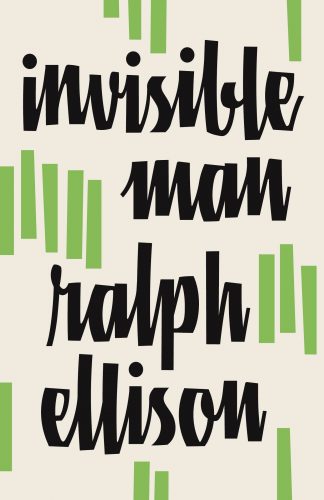
As summer turned to fall, my local public library started reopening. And so, I finally started borrowing books rather than buying. It also gave us something to talk about other than cloth masks.
Here’s what I’ve been reading lately.
Suzanne Collins – The Ballad of Songbirds and Snakes
Presumably all of you know The Hunger Games. Collins – the author – recently wrote a prequel. This book tells the story of President Snow as a young man. Collins presents Snow much more sympathetically than I’d imagine possible, and she sketches out how one moves from a difficult childhood to a stint as authoritarian ruler.
It’s not a bad book. I don’t think The Hunger Games is one of the best sci-fi stories out there. But it’s a compelling fictional universe.
Ralph Ellison – Invisible Man
Out of all the books I’m embarrassed I’ve never read, this one might top the list. It hits every major issue faced by black Americans. And Ellison gets a surprising amount of traction out of the central invisibility metaphor.
The relationship between the main character and a thinly veiled Communist organization (The Brotherhood) tells us a lot about U.S. Marxist history. The Brotherhood both fetishizes and values the main character. They put him in front of mic, and yet they tell him what to think. By the end of his run, they don’t even have to tell him what to say.
Susan Rabiner – Thinking Like Your Editor
This one’s neither a piece of fiction nor light reading. In fact, I’m interested in how to publish a book. But to do you, you need to package your material and market it to agents and editors. Rabiner shows you how to do that. I really can’t recommend this book highly enough. Rabiner will teach you how to get the most out of your topic and proposal.
J.D. Vance – Hillbilly Elegy
And for the most polarizing book on this list, we have Vance’s Hillbilly Elegy. His family hails from Appalachian Kentucky, but Vance grew up in Ohio. In theory, he’s a son of the hill people. In practice, he’s some kind of venture capitalist. His leftist backers hold him up as a truth-teller who says why Democrats lost working class voters. And his leftist opponents think he’s a conservative who blames the victims of the U.S. economy for the problems they face.
Where do I stand on Vance? Yes, he blames the victims of the U.S. economy for the problems they face. He’s also a great storyteller. Most people from rural America – myself included – recognize some of the characters and the attitudes. And so, I enjoyed reading it. Does Vance have any special insight into the way rural America or hill country operates? Maybe. Does he have special insight into the electoral implications of all this? Not at all.
Bonus – The New Oxford Annotated Bible
There’s not really much I can say to introduce The Bible. I’ll just point out that I recently bought this scholars’ edition. What’s distinct about it is that it includes a series of historical essays and introductions to each book, all based around the New Revised Standard Version of the text itself. I’m not a Christian, nor am I interested in becoming one. I’m interested in history and literature (and social implications), and so this stands out as a great version of the Bible to read.